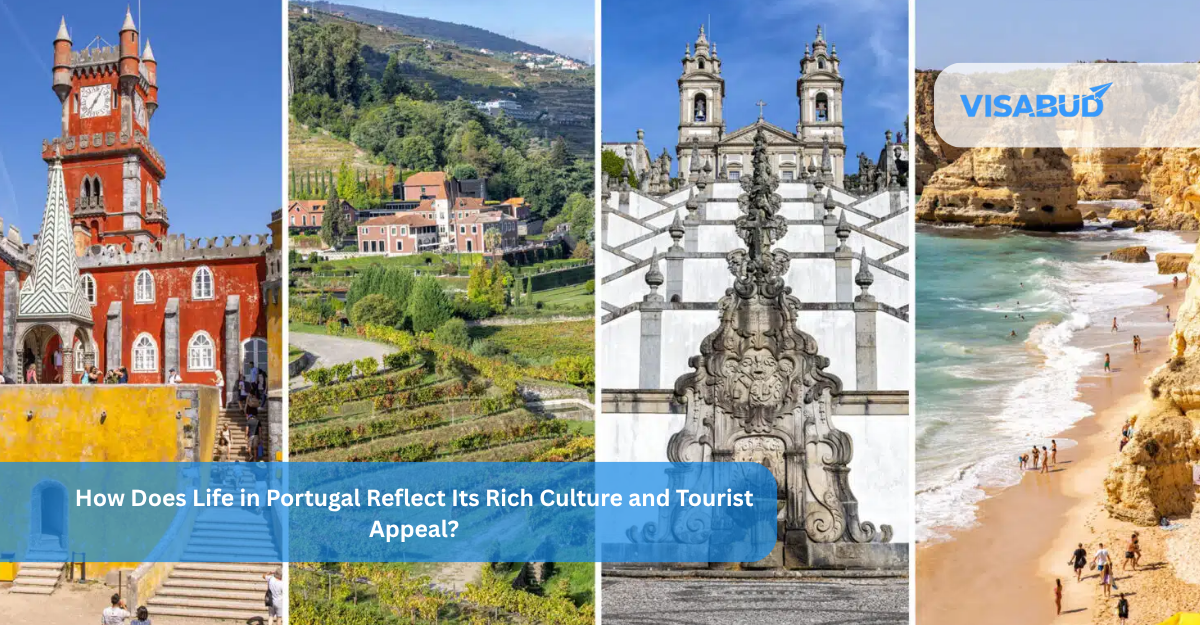Martinique Travel Guide: All you need to know to visit Martinique in 2025
Welcome to Martinique
Martinique Country Information
Geography
Martinique is a Caribbean Island, specifically in the Lesser Antilles archipelago and an overseas territory of France, making it an integral part of the French Republic. Martinique has a total land area of approximately 1,128 square kilometres. Martinique is of volcanic origin, with Mount Pelée being its highest point at 1,397 meters. The diverse landscape features lush rainforests, rolling hills, and stunning coastal areas with sandy beaches and coral reefs. Martinique experiences a tropical climate with high temperatures and humidity year-round, tempered by the trade winds. Martinique is also known for its biodiversity, hosting various plants and animal species, including birds and endemic reptiles. The geographical location of Martinique, along with its natural beauty and French influence, make it a popular tourist destination in the Caribbean.
Climate
Martinique experiences a tropical climate characterized by warm temperatures and high humidity throughout the year. The island enjoys a pleasant and consistent temperature range, with average highs ranging from 29°C (84°F) to 32°C (90°F) and lows averaging between 22°C (72°F) and 24°C (75°F). The wet season in Martinique typically runs from June to November, coinciding with the Atlantic hurricane season. During this period, the island receives higher levels of rainfall, occasional tropical storms, and increased humidity. From December to May, the dry season is characterized by drier and more stable weather conditions with lower chances of precipitation—Martinique benefits from the cooling trade winds that help moderate temperatures. The island’s tropical climate, stunning landscapes, and pristine beaches make it an attractive destination for visitors seeking warm and sunny weather year-round.
Culture
Martinique, an island in the Caribbean, possesses a vibrant cultural heritage that is a fusion of African, European (primarily French), and Caribbean influences. A diverse range of art, music, dance, literature, and culinary traditions characterises the island’s cultural scene. Martinican literature, particularly poetry, and novels, has produced renowned writers who explore themes of identity, history, and the island’s complex past. The traditional music of Martinique is dominated by the infectious rhythms of zouk, which combines African, Caribbean, and European musical elements. The island also celebrates vibrant festivals and carnivals, such as the famous Carnival of Martinique, known for its colourful costumes, lively music, and spirited dancing. With its flavorful spices, tropical fruits, and seafood, Creole cuisine reflects the island’s cultural fusion and is a source of pride for Martinicans. The preservation and celebration of Martinican culture contribute to its inhabitants’ strong sense of identity and pride.
Economy
Martinique’s economy is primarily based on diverse sectors such as agriculture, tourism, manufacturing, and services. Agriculture plays a significant role, with the cultivation of bananas, sugar cane, and tropical fruits major contributors to the island’s economy. The tourism industry is a crucial driver of economic activity, attracting visitors with its beautiful beaches, vibrant culture, and historical sites. Martinique is renowned for its rum production and exports, with distilleries showcasing the island’s rum-making heritage. The manufacturing sector focuses on agro-industry, textiles, and food processing. Services, including finance, transportation, and retail, also contribute to the economy. Being an overseas territory of France, Martinique benefits from the Department of France, receiving financial support and access to European Union funding programs. However, the economy faces challenges such as high unemployment rates, dependence on imports, and vulnerability to natural disasters. Efforts have been made to promote entrepreneurship and strengthen renewable energy and sustainable tourism sectors to ensure long-term economic growth and resilience.
Government
Martinique operates as an integral part of the French Republic. As such, the governance of Martinique is aligned with the French governmental structure. The island is represented in the French National Assembly and Senate, with elected representatives serving in the French Parliament. The administrative head of Martinique is the Prefect, who represents the French government on the island. The local government is headed by the President of the Regional Council, elected by the members of the Regional Council. It manages local affairs and implements infrastructure, education, healthcare, and economic development policies. Martinique adheres to French laws and regulations, and its residents are French citizens. The government of Martinique works closely with the French government to address the unique challenges and promote the interests and welfare of its inhabitants.
Population
Martinique has a population of approximately 375,000 people. The population primarily comprises individuals of African and European descent, reflecting the island’s history of colonization and the transatlantic slave trade. The Martinique population mainly resides in the urban regions, with the capital city of Fort-de-France being the most densely populated. The island has a relatively high population density, with a mix of urban centres and smaller communities spread throughout its territory. Martinique experiences a moderate population growth rate, and migration shapes its demographic landscape, with individuals moving between Martinique, mainland France, and other Caribbean islands. The population of Martinique enjoys access to social services, healthcare, and education provided by the French government. Cultural diversity, strong community ties, and a sense of Martinican identity contribute to the social fabric of the population.
Languages
The official language of Martinique is French, as it is an overseas department of France. French is widely spoken and used in government, education, and business transactions. The education system primarily operates in French, and proficiency in the language is essential for academic success. However, the Martinican population also speaks the Creole language known as Martinican Creole or Kréyol. Martinican Creole has its roots in French, African languages, and other Caribbean influences. It is said informally among the local population and is integral to Martinican culture and identity. While French remains the dominant language, Martinican Creole serves as a means of cultural expression and communication within the community. Efforts have been made to promote the recognition and preservation of Martinican Creole as a distinct linguistic heritage.
Related Articles

5 min read
How Does Life in Portugal Reflect Its Rich Culture and Tourist Appeal?
If you're considering a trip to Portugal or even thinking about living there you're not alone. There's something about this beautiful country that captures people’s attention. Maybe it’s the sunny
Read More
5 min read
What Should You Know About Ireland’s Lifestyle, Weather, and Culture Before Visiting?
🇮🇪 Planning a Trip to Ireland? Here's What You Need to Know Ireland is more than just green hills, friendly smiles, and pints of Guinness. It’s a country full of
Read More
5 min read
What You Need to Know as a First-Time Traveler Exploring East Timor Culture and Top Tourist Spots
What makes East Timor an exciting destination for first-time travelers? If you're planning your first trip to East Timor (Timor-Leste), you're in for a one-of-a-kind adventure. Unlike heavily commercialized tourist
Read MoreUsing Martinique 1-2 months before your travel date is advisable.
Martinique is not part of the Schengen Area, but EU and Schengen countries nationals can travel to Martinique for an unlimited stay with their National IDs or passport.
Yes, all nationals with valid long-stay visas can enter Martinique and stay for 90 days.
Apply through us; follow the below step to get your visa through us:
- Choose your preferred Niger visa
- Pay online
- Submit documents to us
- Receive your visa once approved
